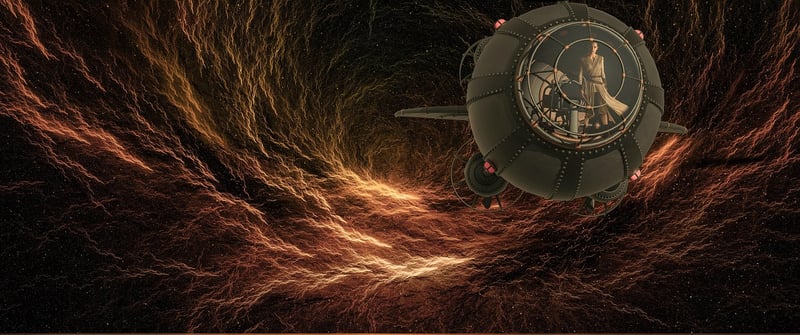Predestination Paradox
Understanding Time-Travel Paradoxes
Time-travel has been a popular concept in science fiction for decades, allowing storytellers to explore intriguing ideas about the nature of time and causality. One of the most fascinating aspects of time-travel narratives is the emergence of paradoxes, which challenge our understanding of how events unfold in a linear fashion. One such paradox that often arises in time-travel stories is the Predestination Paradox.
Predestination Paradox
The Predestination Paradox, also known as a causal loop, occurs when a time traveler unknowingly influences past events in a way that ensures their own future actions. In essence, the time traveler's actions in the past are predestined and loop back on themselves, creating a closed causal loop with no clear origin.
Imagine a scenario where a time traveler goes back in time to prevent a catastrophic event from happening. However, in doing so, they inadvertently cause the event to occur, leading to the very future they were trying to prevent. This paradox raises profound questions about free will, determinism, and the nature of causality.
Examples in Popular Culture
The Predestination Paradox has been a central theme in numerous works of fiction, including movies like "Looper" and "12 Monkeys" and TV shows like "Dark" and "Doctor Who." These stories often explore the consequences of altering the past and the complex relationships between cause and effect.
Conclusion
Time-travel paradoxes like the Predestination Paradox challenge our conventional understanding of time and reality. While they may seem perplexing, they offer a unique lens through which to examine the interconnectedness of events and the limitations of our perception of time.

Next time you watch a time-travel movie or read a sci-fi novel, keep an eye out for the subtle clues that hint at a Predestination Paradox lurking just beneath the surface.
